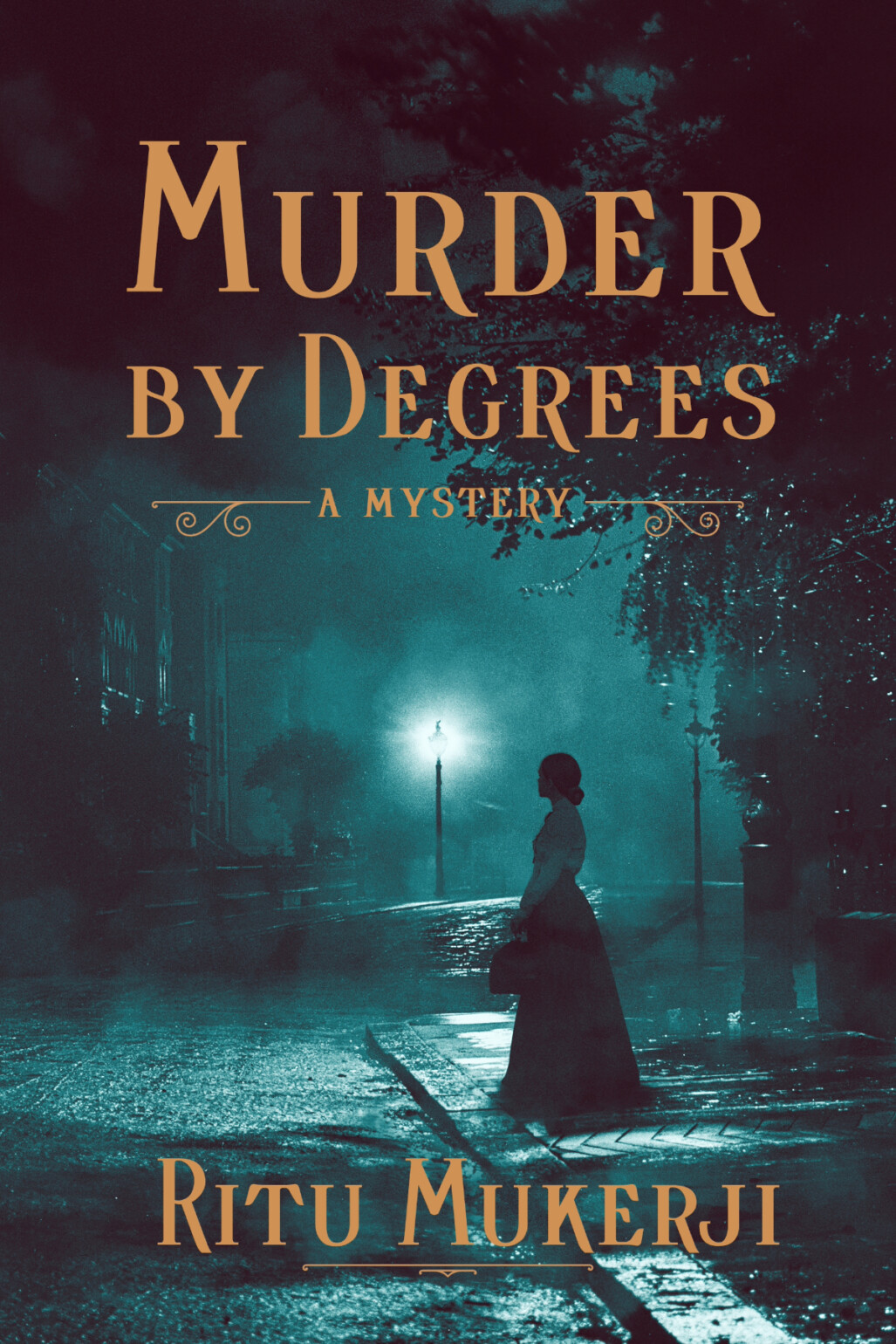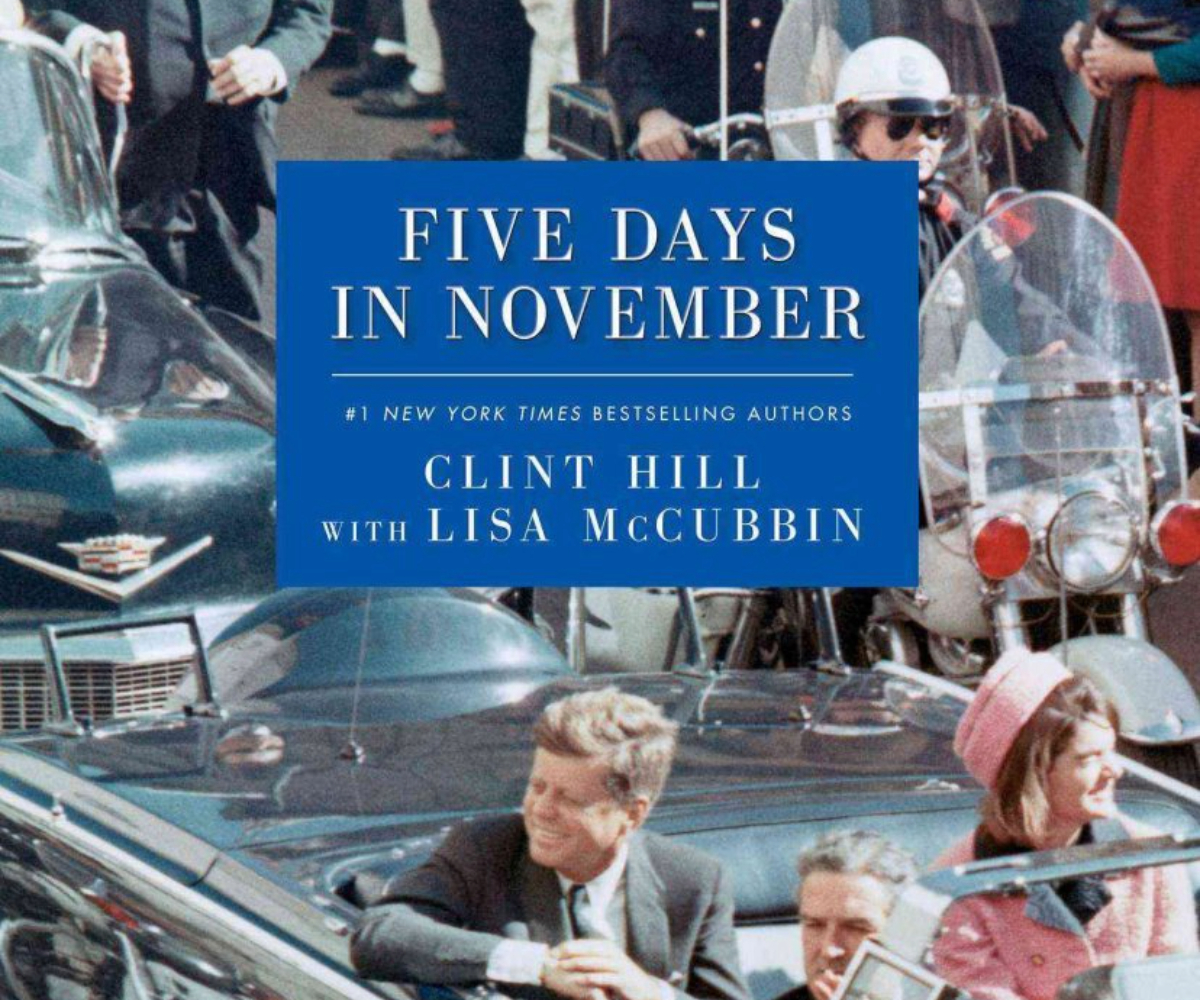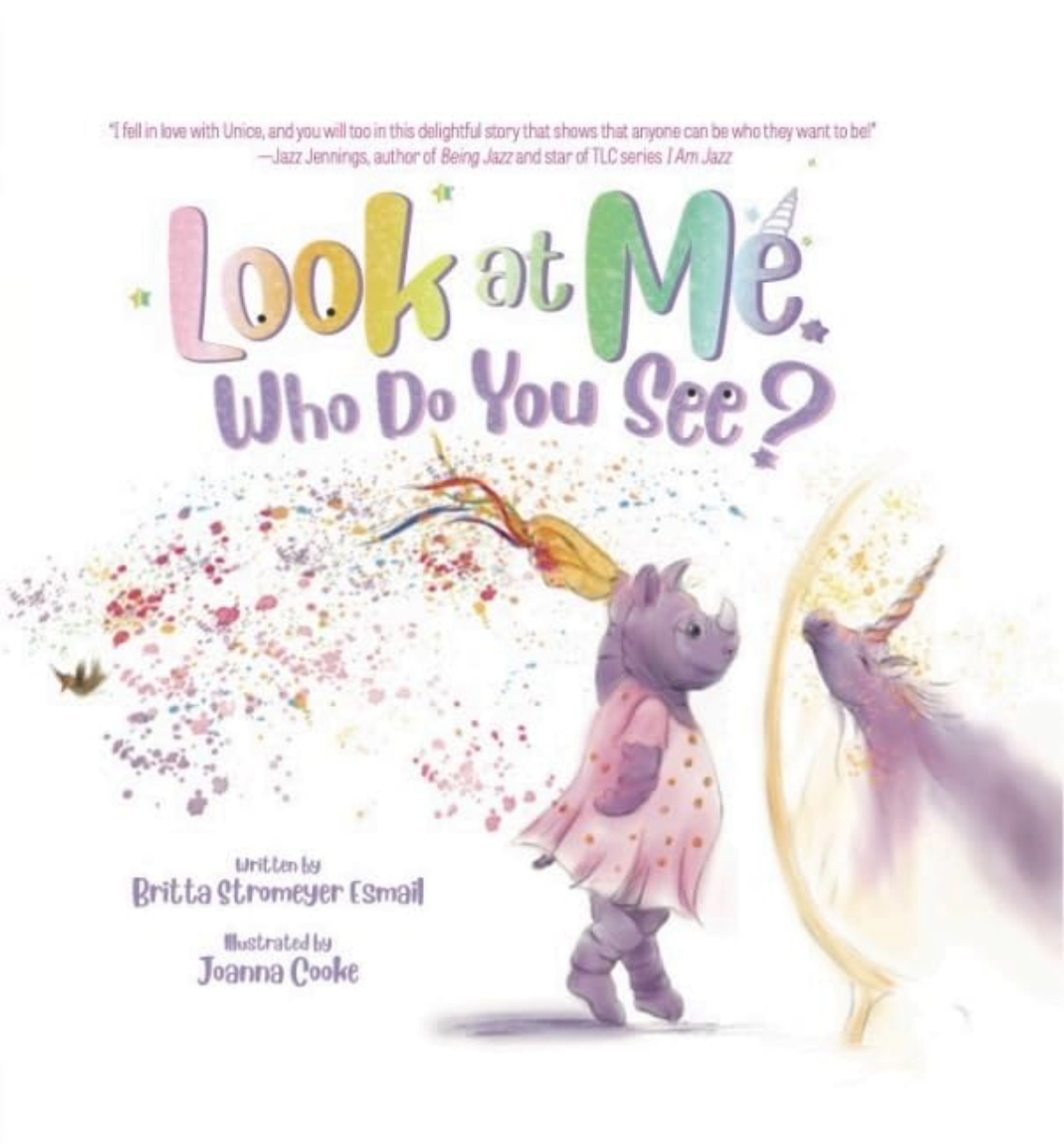Ritu Mukerji, the author of Murder by Degrees, was born in Kolkata, India, and raised in the San Francisco Bay Area. From a young age, she has been an avid reader of mysteries, from Golden Age crime fiction to police procedurals and the novels of PD James and Ruth Rendell. She received a BA in history from Columbia University and a medical degree from Sidney Kimmel Medical College of Thomas Jefferson University in Philadelphia. She completed residency training at the University of California, Davis and has been a practicing internist for 15 years. She lives in Marin County, California, with her husband and children. We spoke to her about her new book:
Murder by Degrees is much more than a mystery about the death of a servant to a wealthy Pennsylvania family. Your protagonist is a professor Dr. Lydia Weston, a professor at a The Pennsylvania Woman’s Medical College, at a time when accepted medical practice included leaches for “bloodletting”, and when mercury was considered an excellent medicine. How did you decide to write about a woman doctor in that time and place?
I have been an avid reader of mystery and crime fiction for as long as I can remember, always drawn to series with a strong, independent woman investigator. Some favorites are characters as varied Sujata Massey’s Perveen Mistry, Cara Black’s Aimee Leduc and Sue Grafton’s Kinsey Millhone.
The historical setting was inspired by my days in Philadelphia as a medical student. It is a city steeped in the history of American medicine, and I would often explore the same cobblestone streets as my characters. I discovered places like the Mutter Museum, the historic medical library at the College of Physicians and the old surgical amphitheater at Pennsylvania Hospital, where surgeons had to operate between the hours of 11 a.m. to 2 p.m. to capture the best natural light to work by.
It was only years later that I learned of Woman’s Medical College of Pennsylvania, and the trailblazing “lady doctors” who studied medicine more than 150 years ago. I knew then that I had the perfect setting for the novel and a distinctive heroine that readers would be drawn to.
I was impressed with the way you brought every character to life. Several rave reviews of your book point out that Murder by Degrees is “character driven.” Did you know where the story would be going from the beginning, or might your characters have led you to this fascinating plot?
I really didn’t know where the story was going for a while! I envisioned the main character of Dr. Lydia Weston first. She is so central to the plot, our guide and interpreter to all that happens. I thought a lot about what had led her to study medicine and how would she take care of her patients — this is where I drew on my own experiences as a doctor. I felt I truly had to understand her before I could start to write. Then the rest of the pieces — the other characters, the historical detail, the structure of the story — could be put into place.
Although your novel is set just 10 years after the Civil War, as I read it, I couldn’t help thinking about medicine and the state of society today. Did you have that in mind as you wrote?
In 1875, medicine was on the cusp of many breakthroughs, with the advent of anesthesia and antisepsis. The Civil War had brought advances in areas like surgical triage, hospital design, and the use of ambulances. It was an interesting moment to write about, and a fascinating exercise for me, to think like a 19th century doctor and delve into research.
At this time, Woman’s Medical College of Pennsylvania was at the height of its operations. Yet women doctors faced stiff opposition to acceptance; it was difficult to get teaching privileges at hospitals, and to have the same opportunities to practice as their male colleagues.
I was so inspired by the stories of the real-life women doctors, and felt a connection to them. At times, their words felt modern and relevant, as they wrote of the need to feel respected for their life’s work, and how to balance the personal and professional.
As a practicing physician with a family, how did you find time to write this complex, yet fast moving, novel?
Because of the busyness of my life, my writing routine was quite simple. I would sit at the kitchen table, always with a cup of tea. I wrote early in the morning before going to work as a doctor, or late at night after my three kids were asleep. It was a time when the house was quiet and I could think clearly. Doing the research was a natural extension of what I loved: immersing myself in a subject and reading for long hours. It felt very familiar, from many years of medical training.
The writing was more challenging! There were times when I felt frustrated by my lack of progress, and it took me many years to write the book. But the more consistent I could be in my routine, the more the momentum flowed. And even on the tough days, the writing never felt like an obligation. This was never truer than during the pandemic, when the writing became a wonderful space of creative renewal.
Murder by Degrees

This historical mystery set in 19th century Philadelphia follows a pioneering woman doctor as she investigates the disappearance of a young patient who is presumed dead. It is 1875 and the start of term at Woman’s Medical College of Pennsylvania. Dr. Lydia Weston, professor, and anatomist, is immersed in teaching her students in the lecture hall and hospital. When the body of a patient, Anna Ward, is dredged out of the Schuylkill River, the young chambermaid’s death is deemed a suicide. But Lydia is suspicious and she is soon brought into the police investigation. Ritu Mukerji will speak at Book Passage Corte Madera on November 5 at 4 p.m.
Five Days in November: In Commemoration of the 60th Anniversary of JFK’s Assassination

On November 22, 1963, three shots were fired in Dallas, President John F. Kennedy was assassinated, and the world stopped for four days. For an entire generation, it was the end of an age of innocence. That evening, a photo ran on the front pages of newspapers across the world, showing a Secret Service agent jumping on the back of the presidential limousine in a desperate attempt to protect the President and Mrs. Kennedy. That agent was Clint Hill. Now Hill commemorates the sixtieth anniversary of the tragedy with this stunning book containing more than 150 photos, each accompanied by his incomparable insider account of those terrible days. Besides the unbearable grief of a nation and the monumental consequences of the event, the death of JFK was a personal blow to a man sworn to protect the first family, and who knew, from the moment the shots rang out in Dallas, that nothing would ever be the same. Clint Hill and Lisa Hill will speak at Book Passage Corte Madera on November 18 at 4 p.m.
Look at Me: Who Do You See?

Everybody thinks Unice is a rhino. What if I tell you she’s actually a unicorn? I bet you’ll say, “She looks like a rhino. She is a rhino.” But Unice doesn’t feel like a rhino, and her insides are all mixed-up. She feels trapped . . . until she meets a tiger with glitzy rainbow stripes. Britta Stromeyer will read to families at Book Passage Corte Madera on November 12 at noon.
Small in Real Life
In nine brilliant stories, Small in Real Life invokes the myth and melancholy of starry-eyed women and men striving for their own Hollywood shimmer. Exiled to a Malibu rehab, an alcoholic paparazzo spies on his celebrity friend for an online tabloid. Down to her last dollar, a Hollywood hanger-on steals designer handbags. An L.A. judge atones after condescending to a failed actress on a date. When hunger for power, fame, and love betrays the senses, the characters in these nine stories find they must reckon with their own false choices. Kelly Sather will speak at Book Passage Corte Madera on November 25 at 4 p.m.


